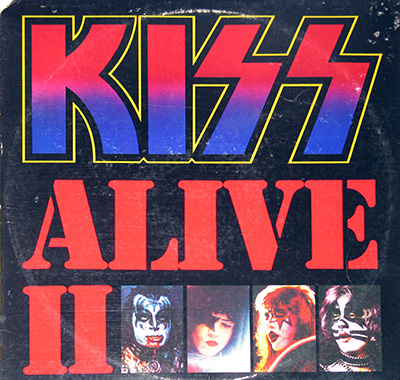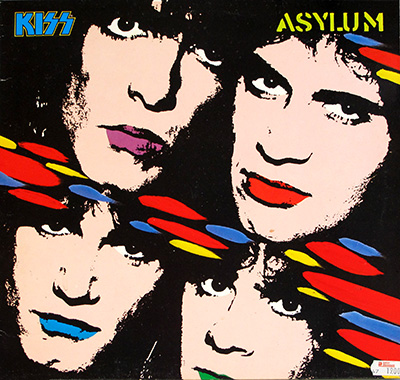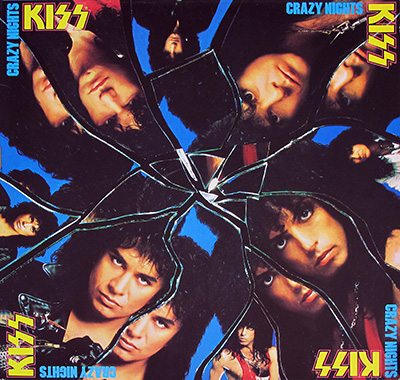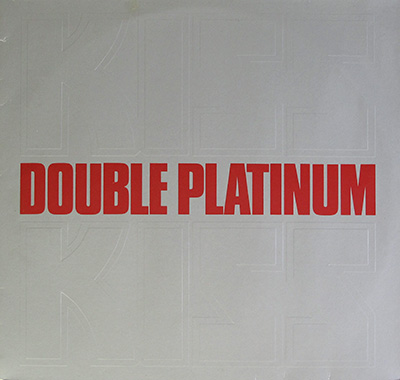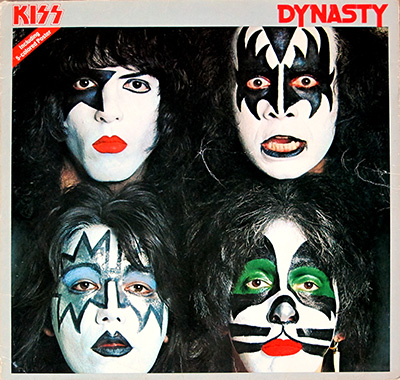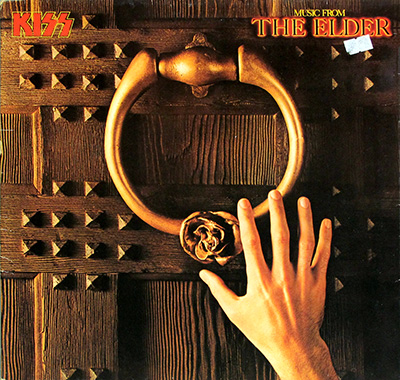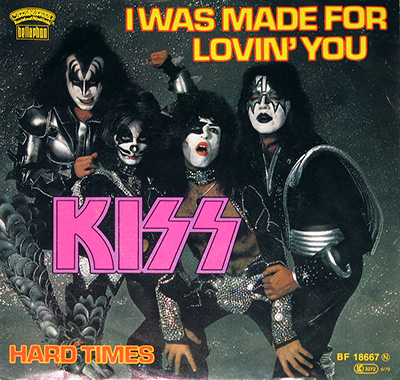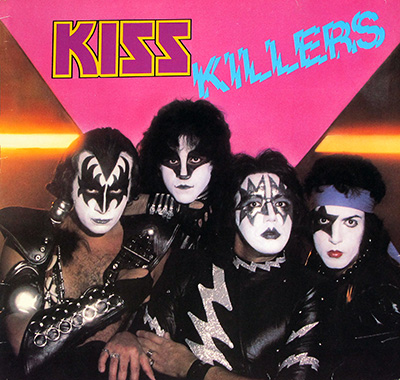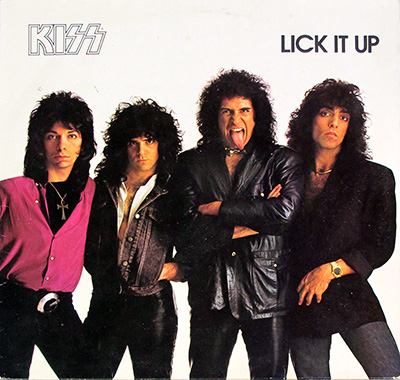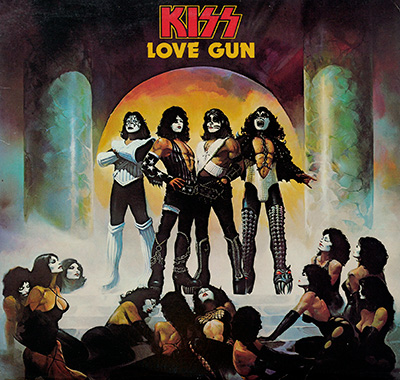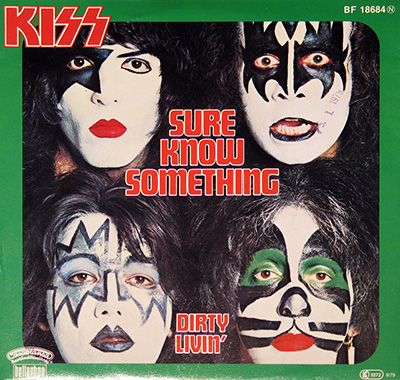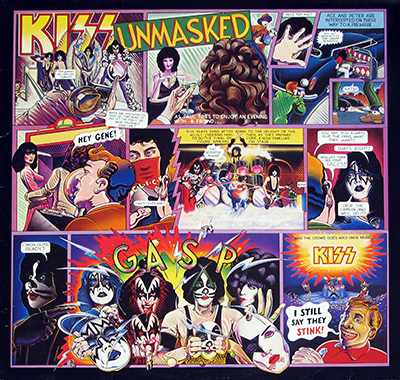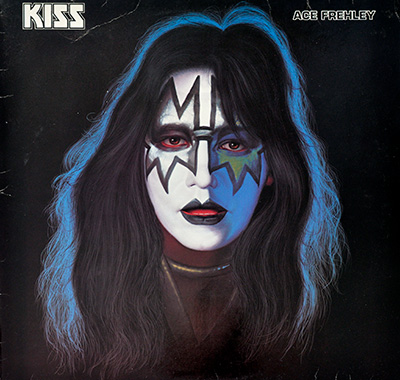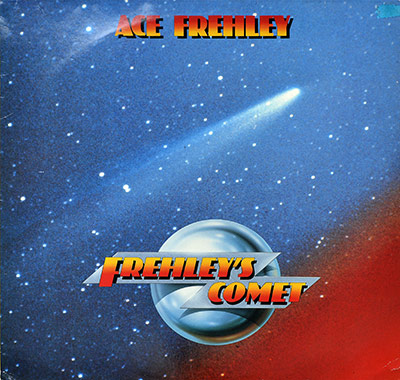Ace Frehley: The Spaceman’s Final Journey Through Rock and Reinvention
Born Paul Daniel Frehley in The Bronx, New York, in 1951, Ace Frehley rose from the city’s rough postwar streets to become one of rock’s most recognizable guitarists—an unlikely cosmic hero armed with a Gibson Les Paul and a taste for volume. His death in October 2025 marked the end of a half-century odyssey that spanned glitter, grit, and galaxies, leaving behind an unmistakable sonic fingerprint etched deep into the DNA of hard rock.
Early Years and the Birth of KISS
In 1973, Frehley answered a small ad in the Village Voice and landed an audition that would change the course of rock history. The result was KISS—a band so over-the-top it became mythic before it even hit its stride. Alongside Gene Simmons, Paul Stanley, and Peter Criss, Frehley transformed concert stages into fire-breathing, blood-spitting arenas of spectacle. Yet behind the makeup and the flash stood a guitarist whose melodic precision and instinctive phrasing elevated the band’s thunder into something truly musical. His solos on tracks like “Shock Me” and “Cold Gin” became templates for generations of hard rock players.
When KISS released four individual solo albums in 1978, Frehley’s self-titled record became the best-selling and most popular—both commercially and artistically. His cover of “New York Groove” became a chart hit, and the album revealed a musician more versatile than his spaceman image suggested. It was a declaration of independence, and the world took notice.
Breaking Orbit: From KISS to Frehley’s Comet
By the early 1980s, fame had curdled. Creative tensions, fatigue, and excess led Frehley to leave KISS in 1982. Five years later, he re-emerged with Frehley’s Comet, recorded at Right Track, Master Sound, Sound Ideas, and BearTracks Studios in New York. Co-produced with legendary engineer Eddie Kramer, the album reignited his career with a punchy, radio-friendly sound. The band—featuring John Regan on bass, Anton Fig on drums, and Tod Howarth on guitar and vocals—delivered sleek, muscular rock songs that resonated with both KISS loyalists and a new MTV generation.
Songs like “Rock Soldiers” and the Russ Ballard cover “Into the Night” reflected Frehley’s dual nature: the streetwise survivor and the cosmic wanderer. The sessions, guided by Kramer’s analog craftsmanship, balanced tight musicianship with the spontaneous edge that had defined his best work in the 1970s.
Struggles, Survival, and Reinvention
Frehley’s career was a pendulum between resurgence and relapse. His battles with alcohol and addiction were well documented, as were his intermittent reconciliations with his former bandmates. Yet he remained resilient—recording, touring, and releasing solo material long after many of his peers had faded from view. The 1996–2002 KISS Reunion Tour briefly reunited him with the band that made him famous, proving that even amid friction, the chemistry that electrified arenas in the 1970s still burned.
Through the 2010s and 2020s, Frehley continued to record and perform, favoring smaller venues and collaborations that emphasized musicianship over spectacle. His later work, tracked in smaller studios across New York and Los Angeles, often returned to the stripped-down hard rock foundations he’d always preferred. Despite changing trends, his tone remained distinct—raw, bluesy, and slightly unhinged, like a smile beneath a storm cloud.
Passing and Reflection
In October 2025, Ace Frehley passed away peacefully at his home, closing the final chapter of one of rock’s most improbable stories. Tributes poured in from across the musical spectrum—from metal icons who grew up copying his licks to younger guitarists who learned that emotion could be as powerful as speed. He left behind no corporate empire, no grand farewell tour, just a body of work that spoke louder than any eulogy could.
His longtime collaborators—producers like Eddie Kramer and engineers such as Chris “Dr. Metal” Bubacz—often described him as unpredictable yet inspired, capable of transforming the energy of a live jam into something immortal. Those who worked beside him remembered not the chaos, but the spark: the moment when the Les Paul screamed and everything else in the room disappeared.
Context and Contribution
Ace Frehley belonged to an era when rock music was both larger than life and deeply personal. His guitar became the instrument of escape for a generation that believed rebellion could be electrified. He fused working-class roots with a galactic imagination, a combination that no studio polish could ever dilute.
He may have been known as “The Spaceman,” but in truth, he was something more grounded: a restless musician chasing the perfect riff across decades of noise and silence. In the end, Ace Frehley didn’t just play rock and roll—he embodied its contradictions: chaos and control, showmanship and sincerity, distance and devotion. And like every comet that burns too bright, his trail remains—still glowing in the dark.
